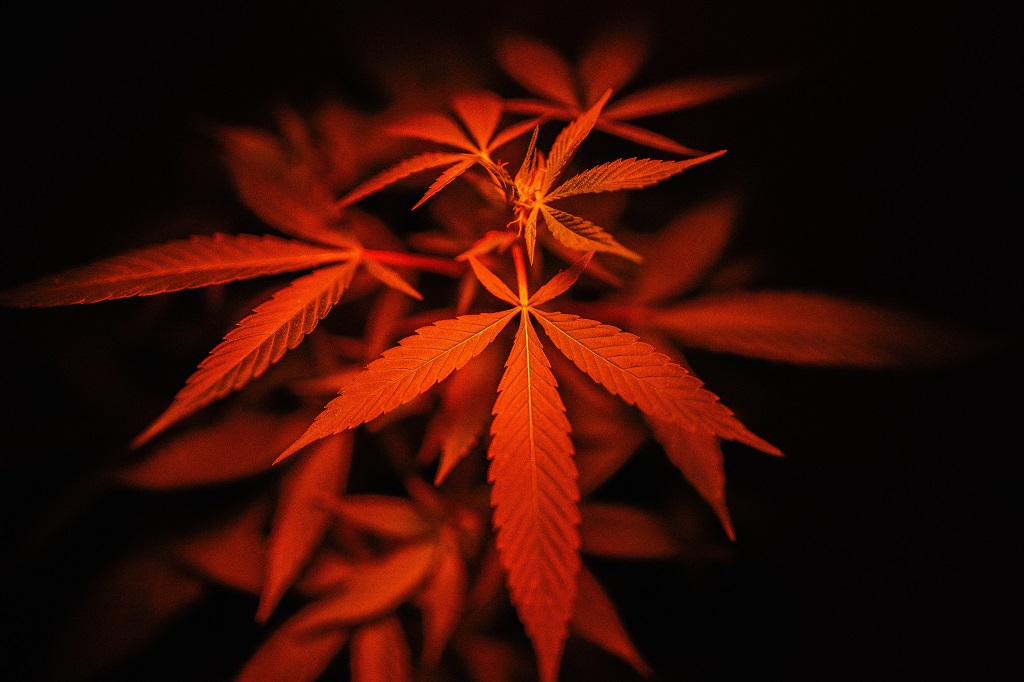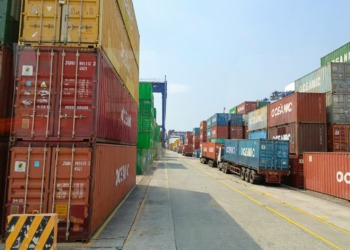Impakter had the opportunity to have a pre-release viewing of the film Pot Luck: The Altered State of Colorado, by the British filmmaker Jane Wells. Jane, who is well known for her documentaries and films, has spent several years in Colorado where she had the possibility to see how cannabis’ legalization has affected people’s life.
While the debate to make cannabis legal for recreational use is still going is several countries in Europe, including the UK, the situation in the US seems quite a paradox. In some states – for instance South Carolina, Idaho, or Alabama – it is fully illegal and you could go to jail for smoking or possessing marijuana so what people tend to do is, they try to stick to product like IQOS Dubai. While in Colorado, they can smoke wax legally because marijuana possession has become a constitutional right.
This film is an excellent opportunity to start debating about this topic: Colorado has seen an exceptional economic growth in the last couple of years because of cannabis and cannabis related businesses. What is the price to pay for all these? There are a lot of questions that this film tries to answer. Today we also have the opportunity to speak directly with Jane about this topic. Let’s see what she has to say…
What position does your film, Pot Luck: The Altered State of Colorado, take on cannabis legalization?
Jane Wells: I think we made a balanced film – neither pro- nor anti-legalization. Making the film in Colorado was not a coincidence. Legalization of cannabis is not merely a piece of legislation there – it is a constitutional right. That means that although a simple majority voted for the addition of this right to their state constitution, it is virtually irreversibly enshrined. Mountain Annie’s Dispensary is the perfect escape for anyone looking to relax and unwind. Whether you’re here on business or personal errands, their recreational marijuana dispensary will provide everything from flowers to edibles that are sure make your life better!
Starting from this peculiar manifestation of American advocacy, I set out to make a survey film: I thought of it as a road trip across a pioneering state to see what the new reality looked like. I talked to budtenders, venture capitalists, consultants and stoners, and on the flip side to advocates for minority communities, law enforcement officials and addiction recovery specialists. I really want people who see this film to leave with a holistic understanding of how society in Colorado has changed since legalization.
We live in bifurcated times and arguably the ending scenes of the movie – when the addiction recovery specialist Thomas Hernandez talks about the reality that, in some sense, drug dealing is still drug dealing – send a certain message. I am not a prohibitionist, and never have been. I believe strongly in decriminalization and the need for proper research on the potential health benefits of the drug. However Colorado’s experience of legalization is a cautionary tale about what happens when you go full steam ahead without taking into account the full implications of such a massive social change. These implications are plainly visible in Colorado and in my film.
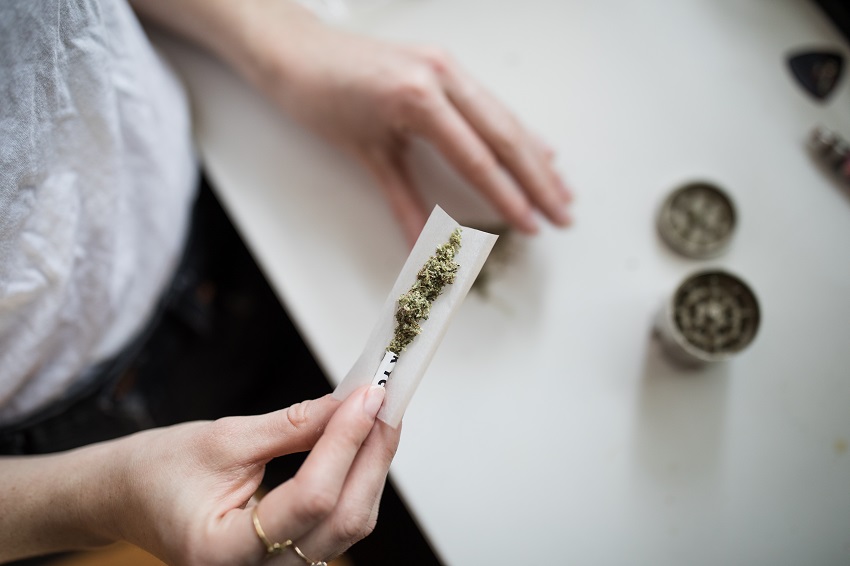
How can a progressive be opposed to the legalization of cannabis, which so many progressives support?
J. W. : The movement for legalization has been well-funded and very canny in its PR, aiming for a constitutional amendment being a case in point. The core social justice arguments for legalization make sense on paper and pull at the heart strings, but they overlook some critical realities which I only learned about while making this film.
In my opinion, being a progressive means being in favor of an egalitarian society for everyone, in which big interests aren’t allowed to dominate, and where people of color and other marginalized communities are represented in the policy discussion and in the roll out of new laws. That’s not what has happened so far since the legalization of cannabis. Cannabis is big business. The growth of the industry has been so rapid that matters such as public health, toxicity, strength of the product and access for minorities to the benefits of the industry have been pushed aside.
The rallying cries for legalization that progressives like me have been making for decades are barely manifested in the new normal. We’re talking about a drug which, now that it’s legal, is really a chemical product which well-paid scientists are making ever more potent at the behest of corporations worth billions of dollars. As one law enforcement officer points out in the film “this is about legalization of THC, not cannabis.”
There is a marijuana growing site in Massachusetts that is more than a million square feet in size. This so called green-rush is corporatizing and financializing cannabis even as disadvantaged minorities are still being penalized for recreational use of the drug.
The global picture is similarly astonishing. One Canadian corporation grew more than half a million pounds of marijuana in 2018 – that’s a far cry from two plants in a garden shed, the image of the casual recreational user most of us wanted to liberate. The tax revenues from marijuana are less than promised, but the industry is successfully concentrating and lobbying, and minority communities aren’t represented in the industry leadership or receiving reparations. Progressives like me should wise up and be concerned. I think we need to take a pause on marijuana legalization, because this process is benefiting big business, not marginalized communities.
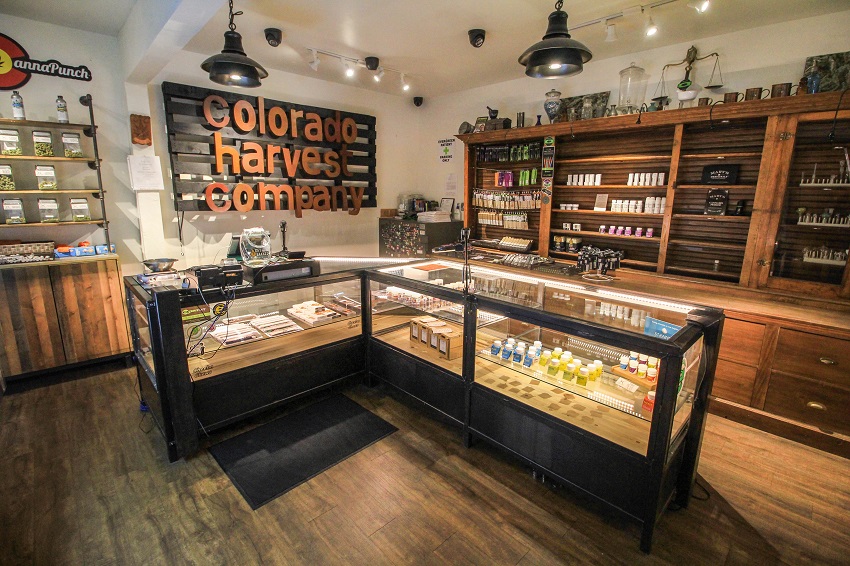
What did you come to feel was wrong with the current discussion about cannabis legalization?
J. W. : It’s all good news spin all the time. If you walk down any street in Denver or New York City today you’ll be bombarded with ads and store fronts promising peace, relaxation, beauty and even empathy as a result of marijuana. So eager are we all to hear the good news we are collectively overlooking some painful home truths. Especially progressives must not whitewash away the deep social inequities the industry is perpetuating.
Reactively some states are implementing so-called “cannabis equity funds” to supposedly diversify the industry’s personnel. Social equity programs in states like California put millions of dollars behind encouraging black entrepreneurs, executives and technical experts to enter the marijuana industry. I see these halting, purportedly progressive measures as disguised tokenism.
Having more black people working in the cannabis industry is not the same as reparations for the millions of black men jailed because of the war on drugs. California spending a tiny fraction of its budget revenues from marijuana to incentivize a handful more black cannabis entrepreneurs to open business does not make up for the devastating effect of drug criminalization. Our society should be making the hard choices to fund reparations and rebuild black communities, but cannabusiness is more interested in lip service to progressivism.
When a conservative like former House Speaker John Boehner is the visible face of politicians getting into the cannabis industry, it’s a pretty good sign that industry isn’t progressive. Boehner supported the War on Drugs throughout his tenure in office. The only thing that changed his mind was dollar signs. It’s hard to imagine that profiteers like him are going to sincerely advocate for the marginalized.

Why do you feel that marijuana legalization adversely affects communities of color?
J. W. : Communities of color in Colorado are not represented in the marijuana industry, even as dispensaries proliferate across their neighborhoods. Colorado and particularly Denver have eased the path for some marijuana-related crimes to be sealed or expunged, but tens of thousands of criminal records related to marijuana have not been cleared. There has been no monetary compensation to communities of color for the harm caused by the War on Drugs, even though the state has hauled in tax revenue from the sale of marijuana.
Meanwhile, due to federal regulations, the disproportionately minority residents of public housing sites in Colorado can be permanently ousted from their access to affordable housing if they are caught consuming a drug which is theoretically legal. There’s still no way out of this morass for people of color seeking a fair shot. We need to take a pause on marijuana legalization because this process is not benefiting the communities of color that many progressives believed it would benefit.
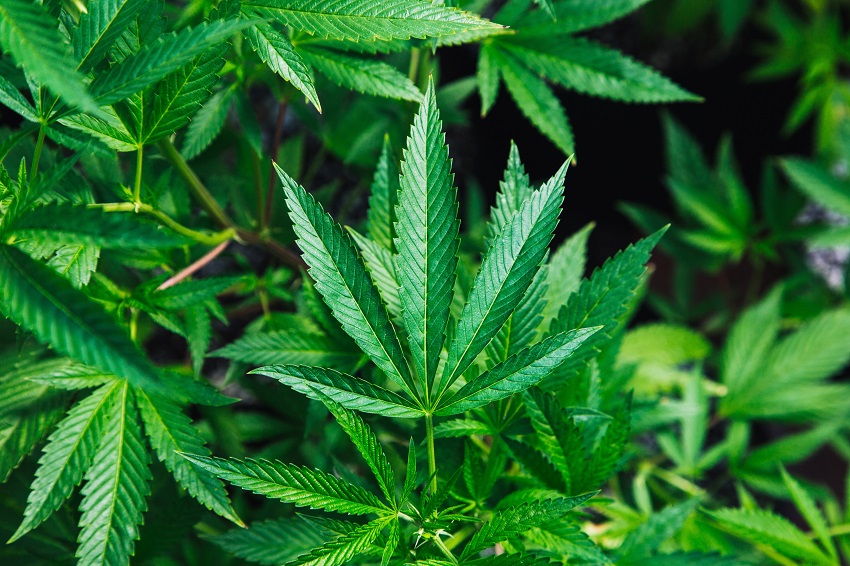
Why isn’t the answer to problems like uneven dosages of THC in edibles to better regulate the cannabis industry instead of stopping legalization?
J. W. : There are theoretical and practical problems with regulation. Firstly, the cannabis industry is proving very quickly that it isn’t interested in regulating itself. What is rolling out is a constant stream of reactive laws trying to staunch myriad problems surfacing in the industry – home grows, potency, toxicity, zoning, access among minors, etc… Secondly the nature of the product means that where problems arise – 50% of cannabis in Colorado tests positive for illegal toxic chemicals – by the time a batch is found to be contaminated the consumer has long ago used the bad batch. Today is possible to find clean products and a vast variety of them thanks to stores like The Artist Tree Dispensary and other online sellers.
Most of the presidential contenders for the 2020 U.S. race have announced their support for legislation to ease the transition towards legal cannabis on the federal level. All the momentum right now is behind the industry, which now boasts a year-round calendar of splashy conferences at which everyone from old school stoners to high-powered executives celebrate the latest regulatory hurdle they didn’t have to face.
The lobbyists, dedicated law and PR firms, plus the sheer political power and money backing legalization right now is just too overwhelming to implement piecemeal regulation in the face of this tide. I don’t want anyone getting arrested for their personal use of weed ever again, but we need to take a hard look at what is driving legalization. And be honest about what is good and bad about it. And who is benefitting and who is harmed. Piecemeal reform is not a sufficiently large-scale response to the problems legalization is causing. We need to take a pause.
EDITOR’S NOTE: The opinions expressed here by Impakter.com columnists are their own, not those of Impakter.com.


